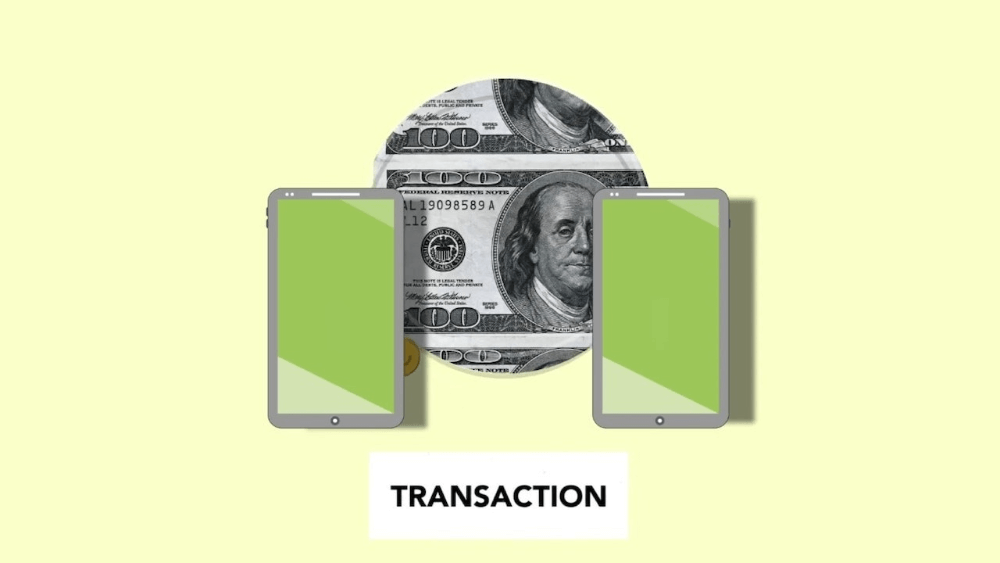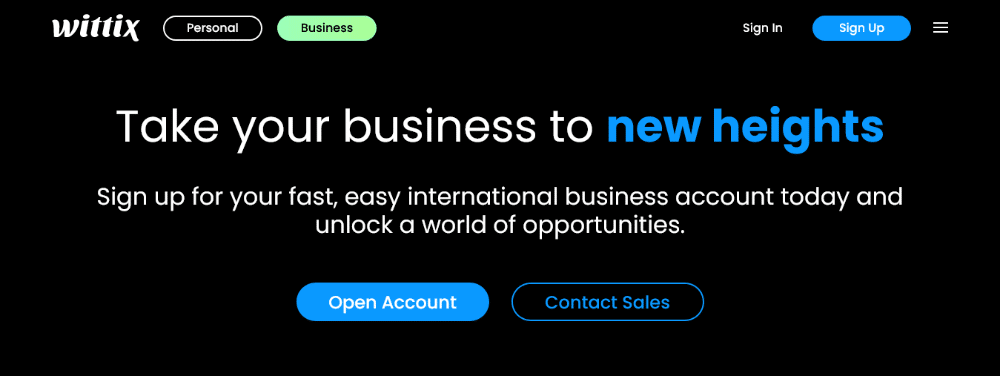📑Table of Contents:
Starting a business in the digital age? One of the smartest moves you can make is opening an online bank account. Ditch the traditional branch visits and lengthy paperwork – we’ve got six top online banks that cater to businesses like yours.
Why Open an Online Bank Account for Your Small Business?
Before we get into the how-to, it’s worth understanding the benefits:
- Convenience: With online banking, you can conduct most of your business transactions from the comfort of your home or office, 24/7.
- Efficiency: Monitor real-time transactions, pay bills, transfer funds, and manage your finances without waiting in lines.
- Features: Modern online banking offers features like integrated accounting software, invoicing, and even employee payroll.
- Access on the go: Most new online banks offer incredible online access. Their apps and online dashboards are easy to use.

Steps to Open an Online Bank Account for Small Business
1. Research and Choose the Right Bank for Your Needs
There are many online banks available, each with its own set of features, benefits, and fees. It’s important to:
- Read reviews from other small business owners.
- Compare fees, minimum balance requirements, and interest rates.
- Consider the ease of use and features of their online platform.
2. Prepare Necessary Documentation
Banks will require certain documents to open an account. These generally include:
- A valid business license.
- EIN (Employer Identification Number) or TIN (Tax Identification Number).
- Personal identification, like a driver’s license or passport.
- Articles of Incorporation or other business-formation documents.
3. Application Process
Most online banks have a straightforward application process:
- Go to the bank’s website and locate the business banking section.
- Choose the type of business account you want to open.
- Fill in the application form with personal and business details.
- Upload necessary documentation (some banks might require originals to be mailed or delivered).
4. Initial Deposit
Some banks may require an initial deposit to open your account. This can usually be done through a wire transfer, ACH transfer, or by mailing a check.
5. Setup Online Banking Features
Once your account is active:
- Set up online login details.
- Familiarize yourself with the dashboard and features.
- Link your business accounting software if applicable.
- Set up any bill payments, standing orders, or direct debits.

Top Online Banks to Consider (My Picks)
Here’s the cream of the crop:
1. Wise (formerly TransferWise): Wise is a global technology company that offers international money transfers at real exchange rates. While primarily known for its remittance services, it also offers a multi-currency business account tailored for small businesses and freelancers.
Key Features:
- Multi-currency account: Hold, send, and receive in multiple currencies.
- Real exchange rate: Provides transfers without hidden fees in the exchange rate.
- Integration with Xero and Quickbooks.
Why Choose It?: Ideal for small businesses that deal with international clients or suppliers and want transparent fees and real exchange rates.
2. Azlo: Azlo is an online banking platform designed specifically for freelancers, entrepreneurs, and small businesses. It offers fee-free business banking with a focus on simplicity and integration with popular business tools.
Key Features:
- No minimum balance and no monthly fees.
- Integrations with tools like Square, Stripe, and PayPal.
- Invoicing capabilities directly from the app.
Why Choose It?: Best for businesses looking for straightforward, fee-free banking with useful integrations for modern operations.
- One of the most amazing features is that Wise is paying up to 4.30% interest (as of October 2023) on unused cash.
3. Small Business Bank: Small Business Bank is dedicated to micro-businesses, ensuring that they receive the banking services tailored to their unique needs without the typical complexities. It is good old-style type of US bank. They provide excellent banking.

Key Features:
- No monthly fees for micro business accounts.
- Free online bill pay.
- Mobile check deposits.
Why Choose It?: Optimal for micro-businesses seeking a bank that understands their specific needs and offers straightforward banking solutions.
Inconvenience:
- If you travel, you won’t be able to access banking. They allow only USA IPs. You will need a VPN to access it.
- Mobile App is NOT working, just does not work 🙂
- Local transfers via ACH are difficult to make as you need to go through several steps.
4. Mercury: Mercury is gaining popularity amongst startups. Explore more at mercury.com. With a tech-first approach, they provide both traditional banking features and tools designed for businesses looking to scale. You can even open a virtual business account in Mercury Bank with ease.
Key Features:
- Cashback on card spending.
- API access for custom integrations.
- Team accounts with custom permissions.
Why Choose It?: Ideal for startups and tech-centric businesses that value modern features and API access for enhanced automation.
It’s absoluely amazing online banking!
- Approval is easy and quick.
- Online banking dashboard and mobile apps are amazing.
- Easy to use.
- Customer service is great.
- Great SMS and in-app notifications.
5. Novo: Novo is a digital banking platform for modern entrepreneurs. With an emphasis on simplicity and automation, it integrates with a multitude of business tools to streamline operations.

Key Features:
- No hidden fees and minimum balance requirements.
- Integration with tools like Slack, Stripe, and Shopify.
- Discounts on various business tools and services.
Why Choose It?: Great for entrepreneurs and startups wanting an easy-to-use bank with valuable integrations and perks.
6. Wittix: Wittix is a digital banking solution aiming to simplify financial operations for businesses, offering a multi-currency wallet and global transactions. For those eyeing European transactions, Wittix is an EU banking gem.

Key Features:
- Multi-currency wallet for global operations.
- Virtual cards for online transactions.
- Transparent fee structure.
Why Choose It?: Best for businesses with global operations needing a multi-currency solution and virtual card features. If you’re a business looking for efficient financial management or an individual seeking hassle-free banking, Wittix has got you covered.
Sync with Other Business Tools
Your online bank account is more than just a place to stash cash. It’s a hub for financial operations. If you use platforms like Quickbooks, see if you can find guides on processing stripe transactions in quickbooks. This can help streamline your financial operations.
Understand International Transactions
If you deal with foreign clients or suppliers, understanding currency exchange is crucial. Take a peek at these tips for foreign currency exchange with TransferWise. It’ll save you money and headaches in the long run.

Safety Tips for Online Banking
- Always use a secure and private internet connection.
- Update passwords regularly and use multi-factor authentication if available. Here’s an in-depth guide: how to protect your password.
- Monitor your accounts regularly for any suspicious activities.
Final Thoughts!
Opening an online bank account for your small business doesn’t have to be a daunting task. By following this guide, you’re setting your business up for success in the digital banking world. Remember, in business as in life, it’s the small steps that lead to big leaps!







